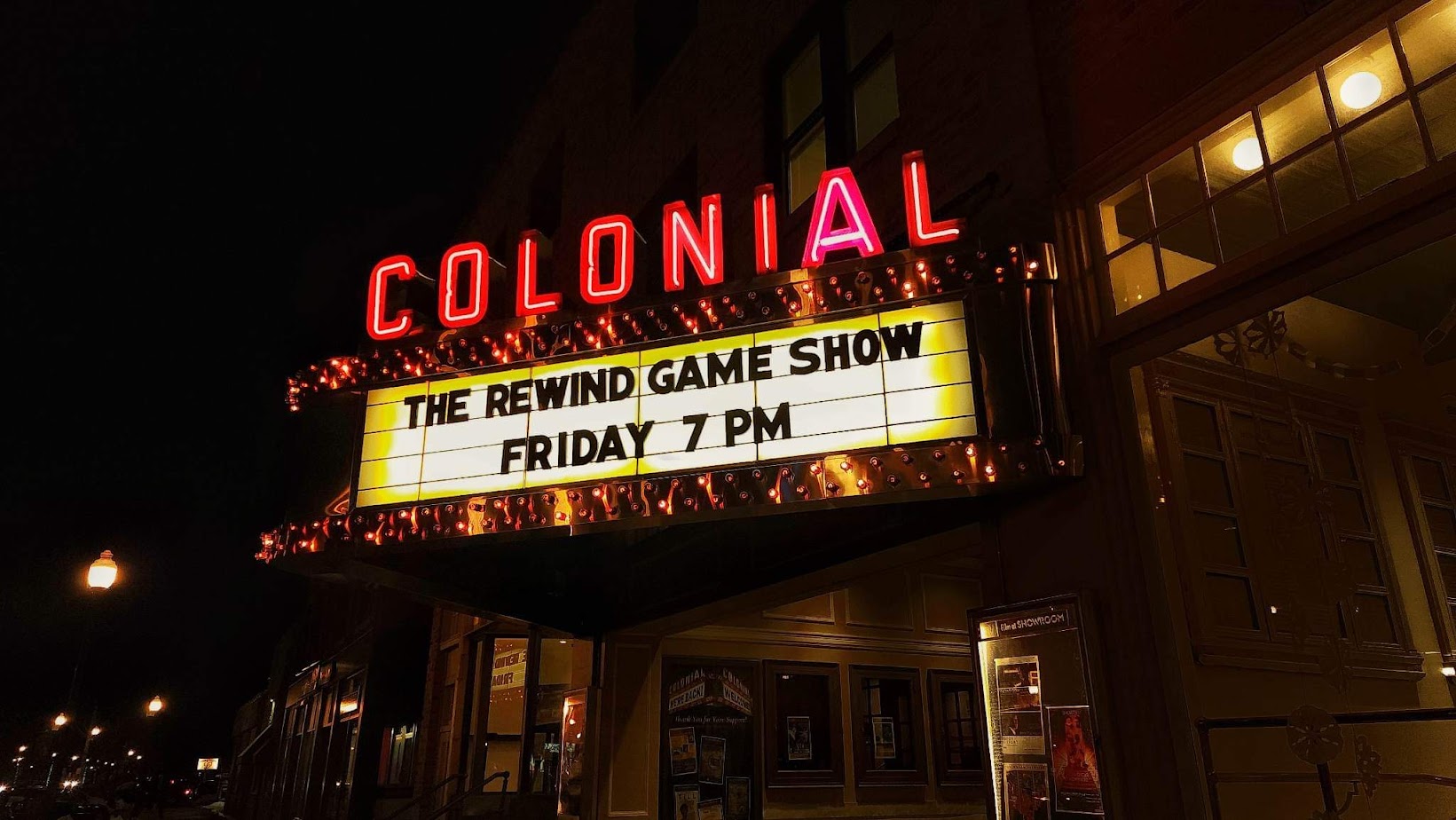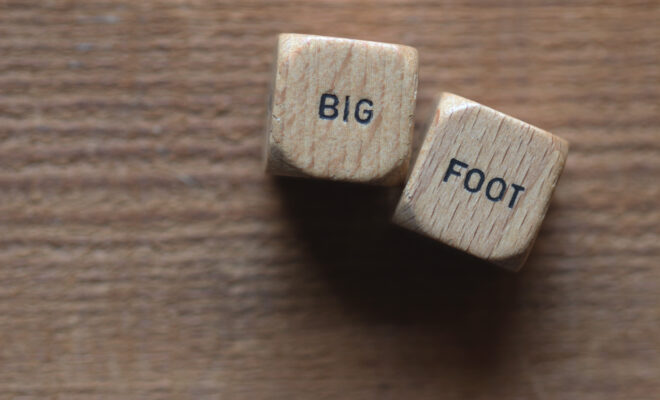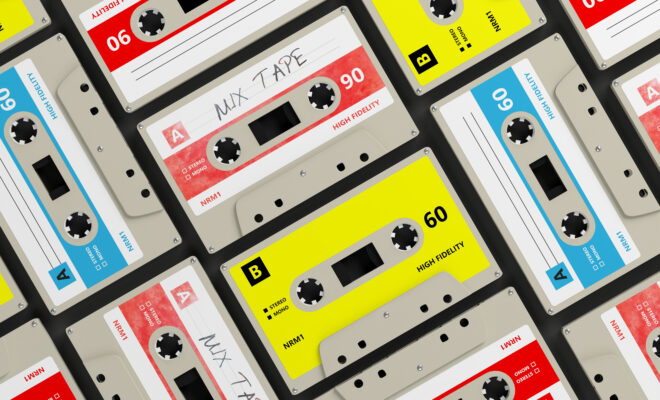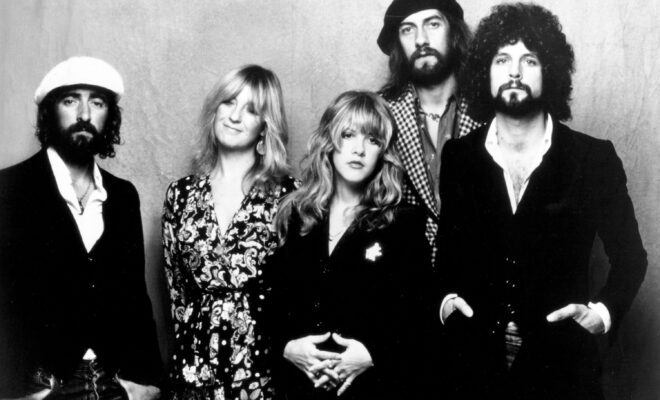Revisiting the Sparkle and Grit of Classic Game Shows from the ’70s to the ’90s

Television game shows have provided some of the most exciting and memorable moments in broadcasting history, with their unique blend of entertainment, suspense, and the dream of winning big. As I prepare to bring the thrill of those games to life in the Keene, NH area with the 4th annual *Gameshow Night* in 2024, I’m reminded of the classic programs that defined an era.
From *The Price Is Right* to *Jeopardy!*, these shows weren’t just a part of our daily routine; they shaped our pop culture, our conversations, and for some lucky contestants, they even changed lives. In today’s post, we’ll take a stroll down memory lane and explore some of the best game shows of the ’70s, ’80s, and ’90s – and perhaps, we’ll find inspiration for our next community game night!
But before we begin our nostalgic journey, for those of you new to my little corner of the airwaves, don’t forget to check out ParkerSpringfield.com to learn a little more about your tour guide through nostalgia – yours truly!
The 1970s: A New Dawn for Television Game Shows
The ’70s brought about a new kind of excitement, where bold colors and dynamic hosts ruled the small screen. Beginning with *The Price Is Right*, which made its return in 1972 with Bob Barker at the helm, viewers were treated to a spectacle where everyday items became the keys to victory. Contestants guessed prices, played mini-games, and spun the Big Wheel with the hope of reaching the coveted Showcase Showdown.
Next came *Match Game*, a show that blended celebrity cameos with fill-in-the-blank puzzles, giving us some of TV’s most unforgettable and innuendo-laden moments. The chemistry among regular panelists like Charles Nelson Reilly and Brett Somers, and host Gene Rayburn, remains unmatched, and its influence is still seen in modern game shows today.
*Family Feud* also made its debut in the ’70s, turning surveys and family rivalries into a fun-filled contest of popular opinion. With Richard Dawson’s charming (and sometimes controversial) hosting style, families across America tuned in to see who would win the “Feud” and proclaim “Good answer!”
The Colorful and Campy ’80s: Jumping into a Decade of Larger-than-Life Personalities
If the ’70s were experimental, the ’80s were an era of amplification. *Wheel of Fortune,* hosted by Pat Sajak and Vanna White, saw contestants spinning a larger-than-life wheel and slowly revealing puzzles on the iconic game board. It wasn’t just the prizes that attracted audiences, but the show’s charm, which made stars out of its hosts and the idea of buying a vowel part of American vernacular.
*Press Your Luck* brought an element of chance that could turn fortunes on a dime with the dreaded “Whammy.” Contestants collected spins and hoped to avoid these mischievous creatures who could wipe out their earnings. The tension was palpable as players weighed the risk of each additional spin against the potential reward.
The ’80s also introduced us to *Jeopardy!*, the brainchild of Merv Griffin, with Alex Trebek as its steadfast leader beginning in 1984. The game’s answer-and-question format flipped traditional trivia on its head, creating intellectual celebrities of its champions and embedding phrases like “Daily Double” and “I’ll take ‘Potpourri’ for $200, Alex” into the cultural lexicon.
As game shows continued to evolve, they touched upon something inherent in us all—the joy of play, the allure of fortune, and the shared experience of community. These classic games became nightly rituals and conversation starters, forging bonds between generations.
The ’90s: When Game Show Entertainment Became Stratospheric
Dialing up the thrills yet another notch, the ’90s exploded onto the scene with new ideas and familiar formats made grander. *Who Wants to Be a Millionaire* introduced the world to Regis Philbin’s dramatic pauses, the tension-building music, and the lifelines that became a part of popular culture. Millionaire wasn’t just a game; it was high-stakes drama playing out in real-time.
*The Crystal Maze* and *Legends of the Hidden Temple* brought adventure and exploration into our living rooms, with their engaging mix of physical and mental challenges. These shows took the game show format to new, imaginative heights and pushed contestants to their limits.
And *Supermarket Sweep*, a concept first tried out in the ’60s, found renewed success with families laughing and strategizing over the best way to fill a grocery cart to win the “Big Sweep.” It wasn’t just fun to watch; it was fun to imagine what you would do racing down those aisles.
Gameshow Nights: A Tribute to the Classics
In the Keene, NH area, we have been fortunate enough to celebrate the rich history of these game shows through our own *Real Gameshow Night*. Hosting three to date – and anticipating a fourth in 2024 – we’ve brought together people from all walks of life to share in the glee and rivalry that made these shows successful. Everyone has a favorite game, a memorable host, or a funny anecdote tied to these iconic shows, and it’s this collective memory we cherish and recreate at our events.
Your Turn to Play: An Invitation
As we look forward to yet another exciting *Gameshow Night*, I invite you to delve deeper into the history of these fascinating programs, discover behind-the-scenes moments, and maybe find inspiration for your next family get-together or community event. And who knows, perhaps you’ll be the next contestant to come on down or solve a puzzle under the lights of our local event.
Remember to keep an eye out for announcements and feel free to drop by ParkerSpringfield.com to stay in the loop on what’s coming your way. I can’t wait to share the excitement, nostalgia, and good-natured competition with you all once more.
As we wrap up our journey through the best game shows of the ’70s, ’80s, and ’90s, I can’t help but feel a surge of nostalgia. These shows not only entertained us but became a part of who we are, a comforting background to our lives, and a thread in the cultural tapestry.
Let’s continue to keep that spirit alive through the tales we share, the games we play, and the laughter that echoes long after the credits have rolled. Until our game boards light up and buzzers sound once again, keep the memories close, and never stop playing.







